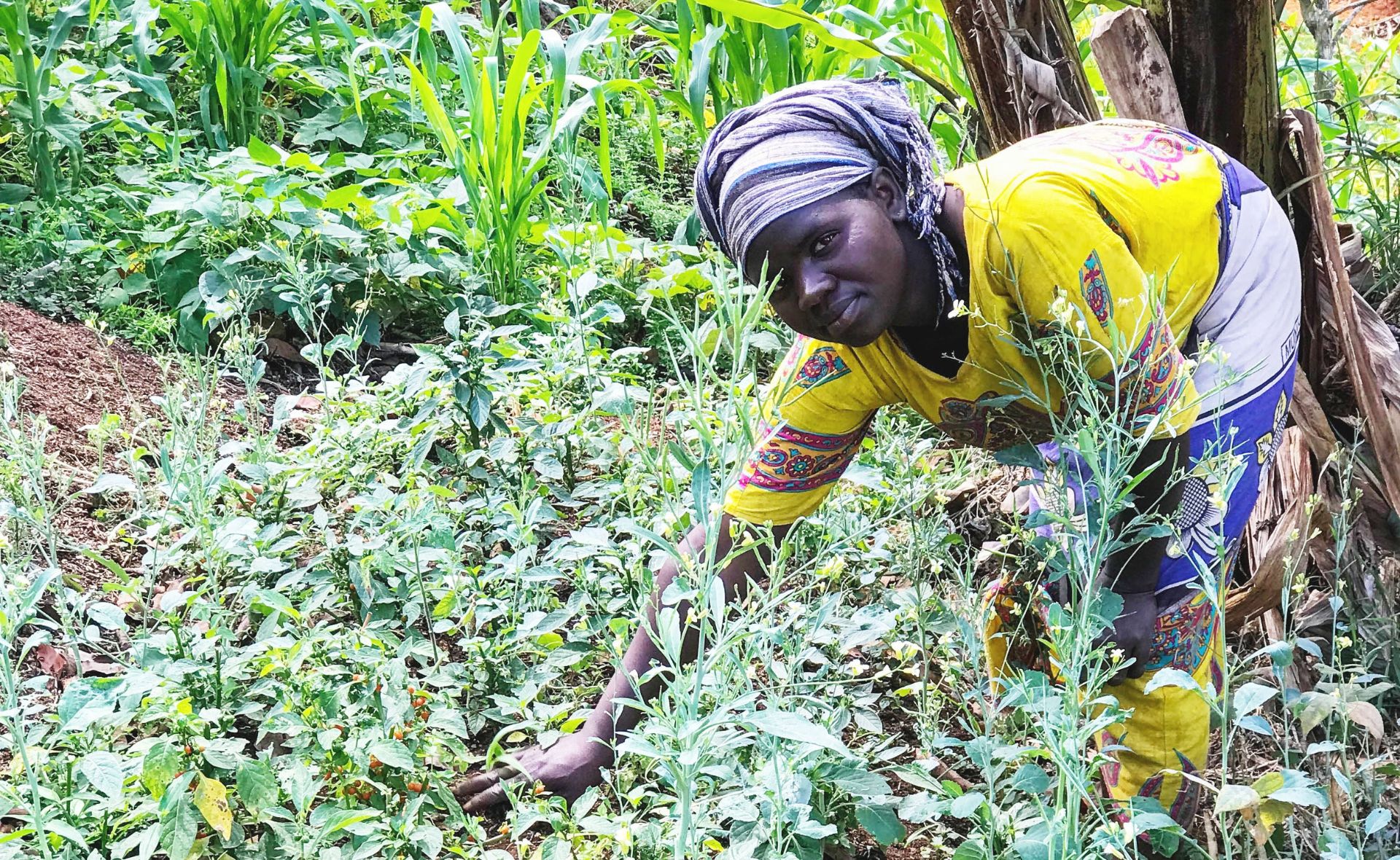Written by Thomas Armitt – Global Manager, Projects & Partnerships, Planeterra
In an era marked by environmental challenges, responsible organizations are taking the lead in understanding and mitigating their carbon footprint. Planeterra, a community tourism enterprise development organization, stands at the forefront of this movement.
Let’s delve into how Planeterra calculates its carbon footprint, why it’s committed to this initiative, and the importance of understanding and acting upon these metrics.

What is Planeterra’s carbon footprint?
Planeterra, in collaboration with eCollective, embarked on a journey to quantify and understand its carbon footprint through a robust methodology aligned with best practices. Following the guidelines set by UN Tourism for carbon footprint calculation, we strategically chose the year 2019 as our baseline, representing our organizational activities post-COVID.
The results are telling: our carbon footprint for 2019 stood at 108,638 kg CO2e, providing a snapshot of our pre-pandemic impact. Fast forward to 2022, and our measured carbon footprint was 43,161 kg CO2e. We have recently finalized measuring our carbon footprint for 2023, and we are pleased to announce that there has been a 25% decrease in our emissions compared to 2022, with a total of 32,235 kg CO2e.
This calculation not only serves as a quantitative benchmark but also underscores our commitment to transparency, sustainability, and continuous improvement. Planeterra’s partnership with eCollective empowers us to take informed steps toward reducing our environmental impact and aligning our operations with global sustainability goals.
How are we calculating our carbon footprint?
Planeterra’s comprehensive carbon footprint audit encompasses various facets of its operations. The following areas are scrutinized:
- Office emissions: Examining the environmental impact of the physical office space.
- Working from home emissions: Assessing the carbon footprint associated with remote work.
- Staff business travel: Including accommodation-related emissions.
- Staff commuting: Gauging the carbon impact of daily travel to and from work.
- Miscellaneous: Encompassing various factors like accommodation, transport, activities, and food.
What’s not included in the audit are optional extras, investments, website, merchandise, waste, events, brochures & publications.
Why are we doing that?
Alignment with Global Goals: Planeterra is committed to decarbonizing its operations in line with the United Nations’ goal of achieving a net-zero society by 2050.
Climate Emergency Declaration: Signatories to the Glasgow Declaration on Tourism Declares a Climate Emergency, Planeterra aims to cut carbon emissions by 50% by 2030 and reach net zero by 2050. The focus extends beyond carbon reduction to regenerating biodiversity and collaborating with stakeholders for a net-zero tourism industry.
Community-Centric Approach: As a community tourism enterprise development organization, Planeterra recognizes the importance of supporting our community in innovating climate and biodiversity crisis solutions that lead to enhanced adaptability and resilience to the impacts of climate change.
What do we aim to do?
Focus on Key Emission Sources: Prioritizing emissions from working from home and travel-related activities, Planeterra acknowledges the unique nature of its field-based work.
Travel Emission Reduction: Mitigating travel emissions through science-based targets, emphasizing online meetings, and ensuring any necessary travel contributes positively to organizational goals.
Innovative Climate-Biodiversity Initiative: continuing the development of our tree-growing initiative, which emphasizes direct benefits to communities, contributing to resilience, well-being, and biodiversity restoration.
Partnerships for Impact: Collaborating with tourism companies and third-party organizations to finance and scale their Climate-Biodiversity initiatives, exploring financial incentives for communities, such as carbon finance and biodiversity credits.
Continuous Improvement
Planeterra acknowledges the dynamic nature of climate and biodiversity challenges and the significant positive impact that grassroots solutions can provide to the communities we work with. A commitment to continuously reviewing and updating our mitigation strategy ensures the integration of relevant activities into our core operations for the foreseeable future.
In conclusion, Planeterra’s journey toward carbon footprint reduction and biodiversity restoration is not merely a commitment but a tangible, action-oriented initiative. By aligning our operations with global sustainability goals and prioritizing community resilience, Planeterra exemplifies how organizations can be catalysts for positive change in the face of environmental challenges.


Post a comment